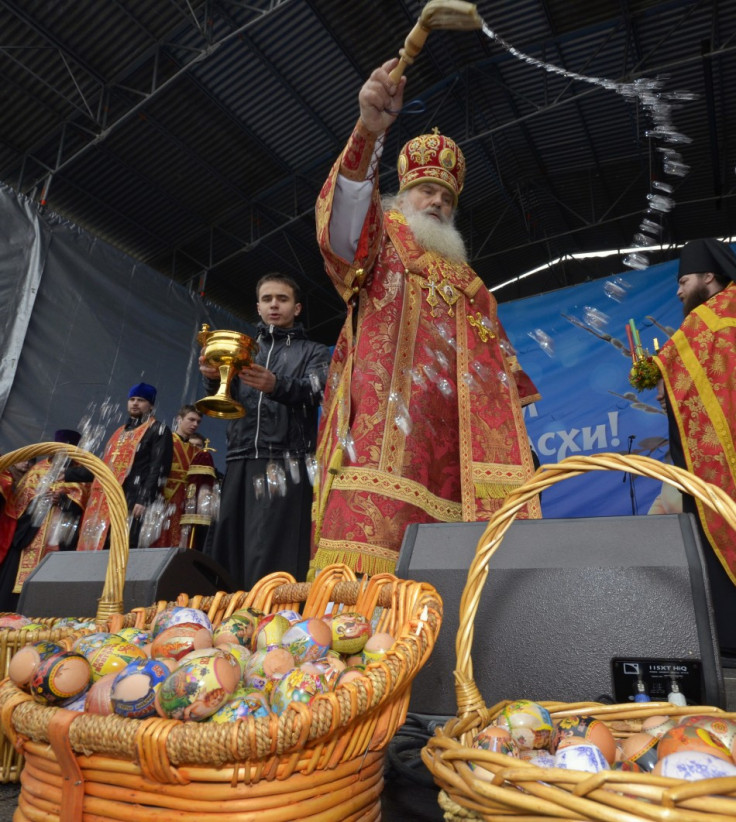Easter Monday Traditions

Easter Monday is observed differently in every culture.
Also known as Bright Monday, Renewal Monday, Wet Monday, and Dingus Day, it falls on the Monday immediately after Easter Sunday.
While some of observances of the day include Christian symbolism, there is no explicit biblical significance.
For some, Easter Monday is a solemn remembrance of Christ's death and resurrection which may be marked by an outdoor procession.
Others partake in Easter egg-rolling competitions. There is also a tradition for siblings and/or spouses to wake each other up by pouring buckets of water on each other, hence the name "Wet Monday".
The tradition of having a holiday on the Monday after Easter stems from the medieval festival of Hocktide. This was a two day festival on the Monday and Tuesday after Easter, originating in the eleventh century.
The day marks the end of the period of Easter remembrance and celebrates the onset of Spring and the spirit of renewal.
Easter Monday is a bank holiday in England, Wales and Northern Ireland, but not in Scotland.
© Copyright IBTimes 2025. All rights reserved.






















